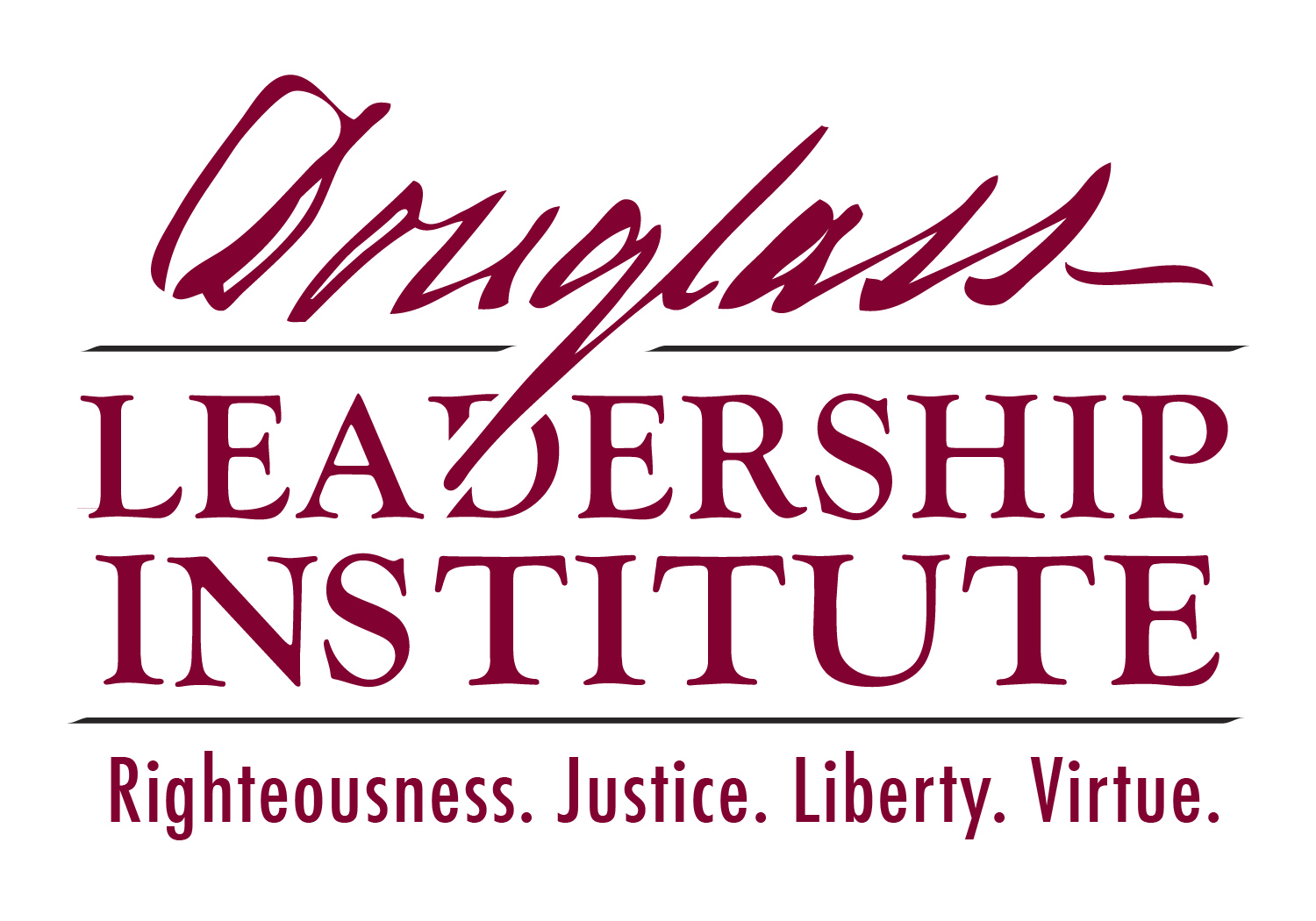Dear Friends and Partners
In the coming days, we will be updating you on how DLI has adjusted our programming to continue serving our communities during the COVID-19 pandemic. Most urgently, however, we wanted to take the time to share this important information from our long-time strategic partner FRC on the new CARES Act. We believe this Act is best understood not as a bailout or even a stimulus, but rather as emergency aid to offset the effects of a government-mandated economic pause in response to a public health crisis. It is our hope and prayer that this emergency aid will enable more Americans to keep their jobs during this time:
Direct Loans to Small Businesses, Nonprofits, and Churches
One of the major sections of the CARES Act is the $350 billion Payment Protection Program, which creates federally-guaranteed loans (operated by the Small Business Administration (or “SBA”)) to small businesses and other entities (including nonprofit organizations) to cover eight weeks of necessary expenses. To be eligible for these loans, the entity must have fewer than 500 employees or the number designated as “standard” for its specific field—whatever is greater. Including entities in this manner will result in many small businesses and nonprofits being covered by these loan provisions.
For purposes of these loans, the CARES Act defines an eligible nonprofit organization as “an organization that is described in section 501(c)(3) of the Internal Revenue Code of 1986 and that is exempt from taxation under section 501(a) of such Code.” Under IRS guidance, this generally includes churches—even if they have not registered with the IRS—as long as they meet 501(c)(3) requirements that:
- They are organized and operated exclusively for religious, educational, scientific or other charitable purposes;
- Net earnings do not inure to the benefit of any private individual or shareholder;
- No substantial part of their activity may be attempting to influence legislation, and they do not intervene in political campaigns; and
- Their purposes and activities may not be illegal or violate fundamental public policy.
Under the CARES Act, limitations that the SBA places on loans to religious entities (including a requirement that religious entities show they are not principally engaged in teaching, instructing, counseling, or indoctrinating religion or religious beliefs) are waived. As long as the church or nonprofit was operational and paying salaries and payroll taxes on February 15th, 2020, it is eligible for these loans.
Ian Speir, an attorney whose clients at Nussbaum Speir Gleason PLLC include numerous churches and nonprofits, agrees, telling us it would be constitutionally problematic to exclude churches in light of recent Supreme Court decisions, which clarify that generally available public benefits can’t exclude religious organizations who are otherwise eligible. Speir also noted his agreement that churches are included within the CARES Act’s definition of “nonprofit organizations.”
Under the CARES Act, the maximum loan an organization can receive is based on a calculation that will come out to 2.5 times the average monthly payroll, or $10 million, whichever amount is less.
If an organization uses the loan to cover payroll costs, health care benefits and premiums, employee salaries, mortgage or rent payments, or any other interest payments, the loan will be forgiven. There are also provisions for waiving borrower fees and other collateral and credit requirements, as well as automatic deferrals of any payments for six months.

